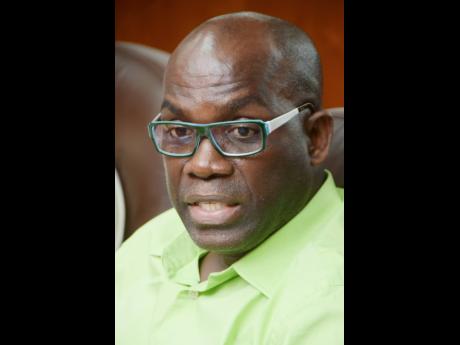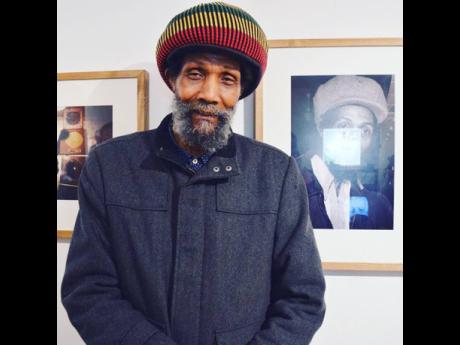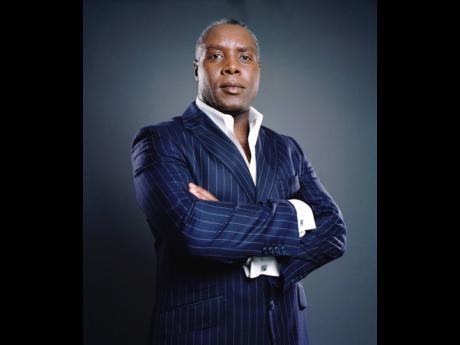Ja can reap rewards from reggae success, say webinar panellists
LONDON:
A panel of experts is urging stakeholders in Jamaica’s music industry and the diaspora to capitalise on reggae’s growing popularity around the globe.
The call was made during a recent webinar organised by The Weekly Gleaner newspaper titled The Windrush 75th and the Internationalisation of Reggae Music and chaired by George Ruddock, the publication’s editor.
Panellists included Cleon Roberts - daughter of Sonny Roberts, a pioneer in the distribution and production of African Caribbean music across the United Kingdom between the 1960s and 1980s; music historians Dr Dennis Howard; and Professor Mike Alleyne, author of numerous books on recording artistes and popular music, including The Encyclopedia of Reggae (2012); legal expert Errol Michael Henry; and legendary sound system operator and music producer Lloyd Coxsone.
Errol Michael Henry, founder of Music Justice, which represents musicians embroiled in issues involving royalty or recording rights, believes that there needs to be a change in the attitude of the Jamaican Government and artistes alike if they are to benefit more fully from the genre. The songwriter and label owner said:
“I want to see a change in the language used by reggae artistes from Jamaica. I want us to stop referring to the music business and start calling it the business of music. I want us to get the economics of the business of music straight because that’s where the power is. Jamaica borrows a lot of money while neglecting around US$4 billion in unpaid royalties around the world. I think that is completely insane. The Jamaican Government doesn’t seem to view this as something important. It is hugely important. If Jamaicans who made music 50 years ago started to invest the money they are owed into the island it would trickle down to the housing market, local tradesmen, the automobile sector, and many other areas. In contrast, the tourism industry is owned by a very wealthy elite, and almost none of it trickles down to the locals unless they’re chambermaids, waiters, or chefs. Money outside the vast estates housing the hotels isn’t trickling down to the Jamaican people.”
Roberts agrees that there needs to be emphasis on capitalising on the business side of the industry.
The marketing director of Reward Music said: “Collecting revenue and reaping the benefits of licensing deals is where reggae artistes can reap healthy revenue streams. Using their music within the film industry is potentially very lucrative but is something that is being neglected. I believe this needs to be taught at colleges and universities so that future generations can be successful in the music business. That’s the way we can be pulled forward.”
CELEBRITY CULTURE
During the discussions, reference was made to Max Romeo, the Jamaican reggae artiste who is currently seeking £6 million in unpaid royalties – dating back to 1976 – from Universal Music and PolyGram Records.
Romeo, whose real name is Maxwell Smith, is specifically suing for the albums War Ina Babylon and Reconstruction. His music has been used recently in the film Yardie, directed by Idris Elba, Jay Z’s song Lucifer, and video games such as Grand Theft Auto, for which he claims no royalties were paid.
Dr Dennis Howard believes that another reason some artistes do not realise commercial success is because a celebrity culture often takes precedence over financial acumen.
The historian said: “In Jamaica we focus too much on hype, being a celebrity, and the superstar status when some musicians are not even superstars. Some artistes have one hit song and want to demand a lot of money from promoters in the UK, Europe, and United States, who are beginning to think they are too costly to book, along with their entourages from Jamaica. Promoters are finding it more cost effective to tap into talent from their regions.
“In Jamaica there needs to be more of a focus on dealing with business, getting people trained in areas of intellectual property management, artiste management, streaming and distribution. Basic concepts like copyright issues artistes sometimes don’t understand.”
Henry agreed, stressing that young artistes need to guard against thinking that it doesn’t matter if finance isn’t generated as long as they are popular. He said: “There are artistes who are multimillionaires who are not particularly popular, but who control what they have produced.
“There are other artistes who have sold hundreds of millions of records but who are broke and have no economic power. Aspiring artistes need to separate popularity from financial prosperity.”
Coxsone, sound system operator and record producer, believes that seminars need to be organised to promote a greater awareness of the genre’s financial potential and how this can be exploited in Jamaica and by the diaspora in the UK.
Professor Alleyne described the Windrush generation as having the “foundational role” behind the internationalisation of reggae music. He said: “Without Windrush there would not have been points of departure for the music to reach the mainstream, not only within Britain, but across Europe, North America, and Canada.”




